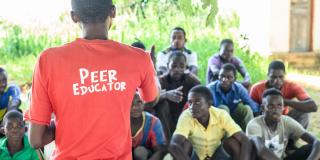
This project has now ended.
Harnessing the power of community volunteering to improve young people's sexual and reproductive health in rural Zambian communities.
Three in ten young Zambian women in rural areas aged 13-19 have begun childbearing, and are either already a mother or are currently pregnant with their first child. The rate of teenage pregnancy stands at 29%, with about 16,000 adolescent girls dropping out of school as a result of pregnancy.
In collaboration with partners including Planned Parenthood Association Zambia (PPAZ) and the Zambian Ministry of Health, our Adolescent TALK! (Training and Local Knowledge) project challenges the root causes of such high rates of teenage pregnancy – including poverty, isolation from health services, and harmful traditional attitudes.
The first phase of the TALK! project reached almost 8,000 young people in Zambia's rural Samfya District, ensuring they became better informed, empowered and equipped to make healthy decisions about their health.
We reached 7,949 girls and boys aged 10-19 during the project's first phase.
We've recruited and trained 90 volunteer peer educators.
'Community-based distributors' enable people to access contraceptives 24 hours a day.
The project set up five youth-friendly corners, making essential health information more accessible for young people.
Reaching the island
Home to 2,000 people, Mbabala is a remote island in Zamia's immense Lake Bangweulu. There is just one primary school, and one health centre with a single nurse.
For most residents, poverty prevents them from reaching the mainland – and with it, the means to access comprehensive sexual and reproductive health (SRH) services and contraceptive choices. This lack of access to SRH information and services is compounded by cultural taboos around sex, and mistaken beliefs about health, such as that modern contraceptives cause cancer.
The Adolescent TALK! project works with volunteers at all levels of the community, to bring about real and lasting change for the young people of Mbabala.
Building young people's knowledge and awareness
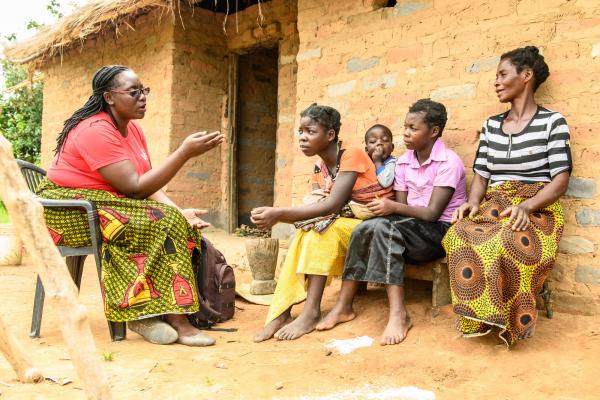
During the first phase of the project, we recruited and trained 90 volunteer peer educators, equipping them with the knowledge and skills they needed to share vital SRH information with other young people in a safe and relatable way – for instance, through community outreach activities or sessions in the classroom.
Peer educators are able to reach even more young people by presenting programmes on the local radio station, during which they are joined by experts to discuss sexual health issues and answer questions from listeners.
By establishing youth-friendly corners in existing health centres – such as the one on Mbabala Island – we've provided young people with safe spaces to seek confidential advice and counselling on issues such as STIs, family planning, and the dangers of teenage pregnancy.
Increasing access to contraceptives and reducing unplanned pregnancies
Community elders have become volunteer 'community-based distributors' – a discreet, safe and confidential way for local people to access condoms and other contraceptives, near to their homes, 24 hours a day.
During the project's first phase, rates of teenage pregnancies reduced significantly – and, importantly, not a single girl dropped out of school due to pregnancy in 2019. Use of contraceptives has increased, with young people reporting enhanced knowledge and understanding of their sexual and reproductive health.
It wasn’t easy for families to sit and talk about sexual health. There were many taboos. But thanks to VSO’s work, that’s all changed. When I visit families, schools and clinics now, I see these issues being discussed openly.Alfred MwizaVolunteer peer educator, Mbabala
Tackling stigma around sexual health
By bringing on board highly-respected community elders and training them as voluntary 'change champions', we're challenging harmful existing attitudes towards sex and related health issues.
Equipping older people – not just adolescents – with vital information further addresses stigma and misconception around sexual health at the community level, helping to break the culture of silence, and improving people's knowledge and understanding of SRH.
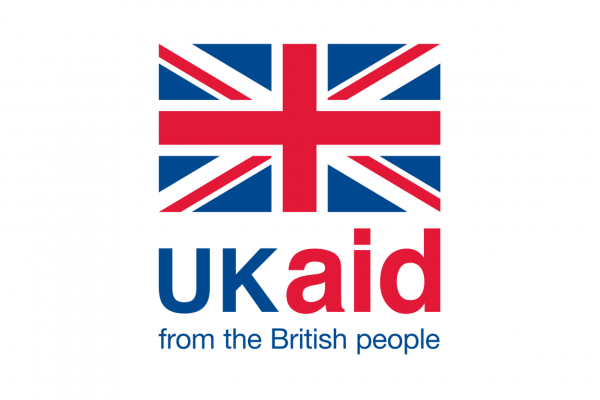
Providing best practice tools and information
Alongside peer educators and community volunteers, specialist volunteers have worked in remote communities right across the district. By establishing youth-friendly corners at health centres, training community volunteers, and creating invaluable resources, they're working to ensure the project's impact is long-lasting and sustainable.
Stories from the Adolescent TALK! project:
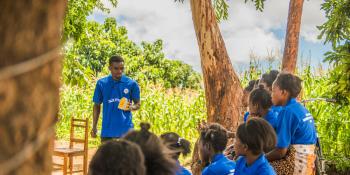
Meet our health champions: Bartholomew Sunga
Hear from one of our youth champions Bartholomew on how he's helping to raise awareness on sexual and reproductive health among adolescents in his community.
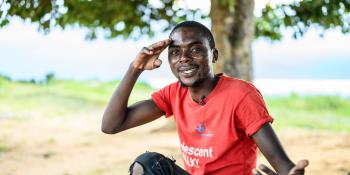
I lost my parents to HIV - now I'm using my musical talents for good
After turning to drink to cope with losing his parents to HIV, musician Alfred Mwiza has got his life back on track – by using his creative skills to teach young people about safer sex.
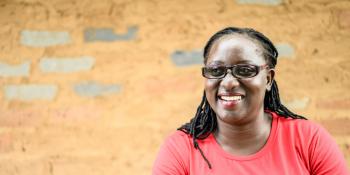
Monica vs sexual health stigma
Volunteer Monica Atim has spent the past three years making sure that young people in some of the most remote and marginalised communities of Zambia have access to essential sexual and reproductive health information and services.
More information
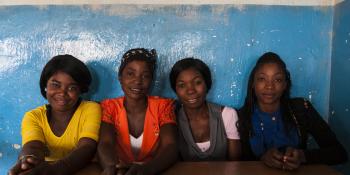
Zambia
We've worked in Zambia since 1958, building healthy communities and supporting people to develop sustainable and resilient livelihoods.
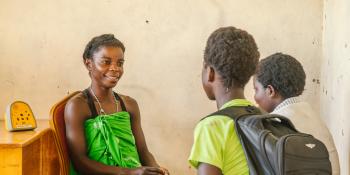
Inclusive sexual and reproductive health and rights
Supporting the most vulnerable people to realise their sexual and reproductive health and rights.
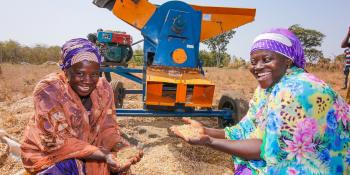
Partnerships
At VSO, we believe progress is only possible when we work together.
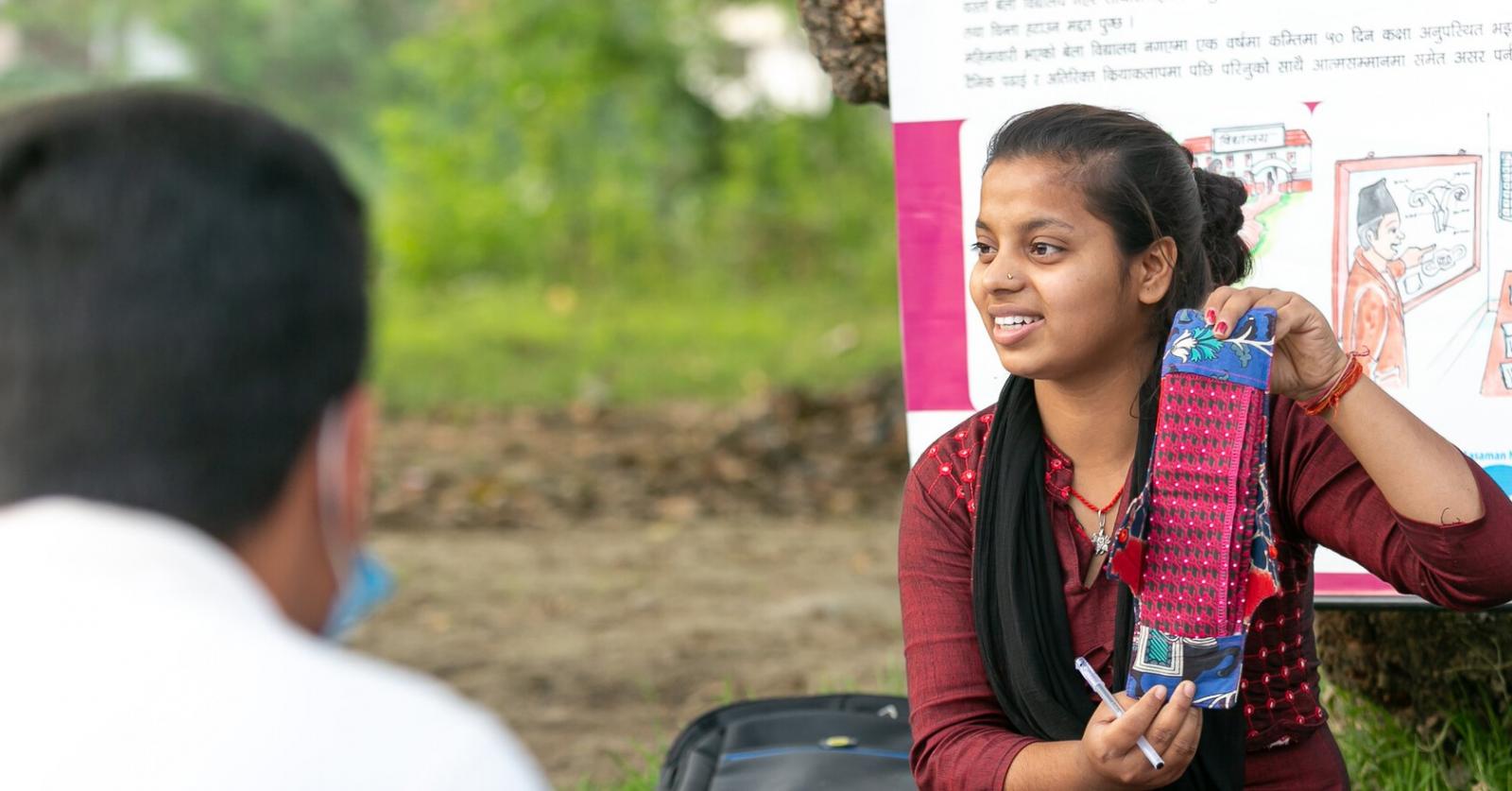
Support us with a donation
